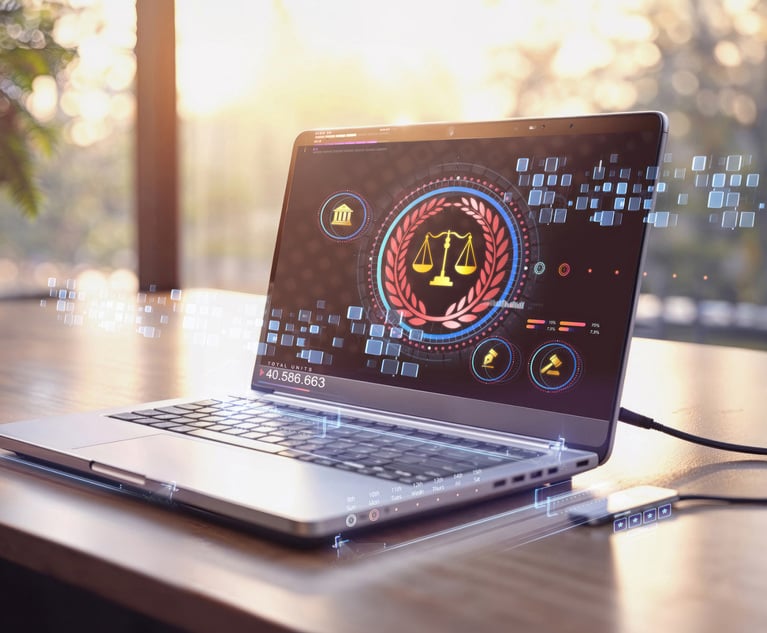Real-Life Use Cases of AI in Legal Technology
The integration of generative artificial intelligence into the legal industry is rapidly changing the way lawyers work. At a recent UnitedLex webinar, experts discussed the real-life use cases of AI in legal and highlighted five key areas where AI is making a significant impact.
One of the key areas where AI is proving to be helpful is in knowledge management. AI-powered technology can collect and categorize data across an organization, creating customizable reporting dashboards and organizing repeated requests. This allows users to easily access the information they need to meet their needs without having to recreate the wheel.
Another area where AI is making a difference is in discovery response automation. AI can help sort through federal, state, and local rules, significantly reducing the manpower required to file responses. While AI can automate responses in discovery, it requires specific work to be effective.
AI technology is also being used in investigations to quickly determine nefarious activity and protect organizations. By evaluating prior investigations and categorizing new incidents, AI can help organizations make decisions about retraining or moving employees to other departments.
Additionally, AI can aid lawyers in identifying key documents by interviewing a corpus of documents and developing timelines for witness preparations and depositions. This technology drives efficiencies and levels the playing field for smaller teams and firms.
Lastly, AI-powered tools can help boost a law firm’s or legal department’s business intelligence by incorporating internal data into the decision-making process. By using AI to weed through matters with a better chance of turning out a profitable legal outcome, organizations can focus on critical cases, mitigate risks, and reduce spend.
Overall, the use of AI in the legal industry is proving to be beneficial in a variety of ways, from knowledge management to business decision-making. As AI continues to evolve, it will likely play an even larger role in shaping the future of the legal profession.


